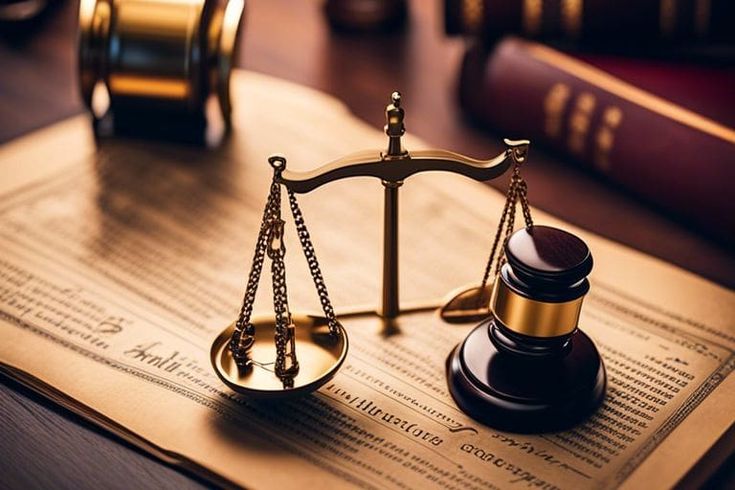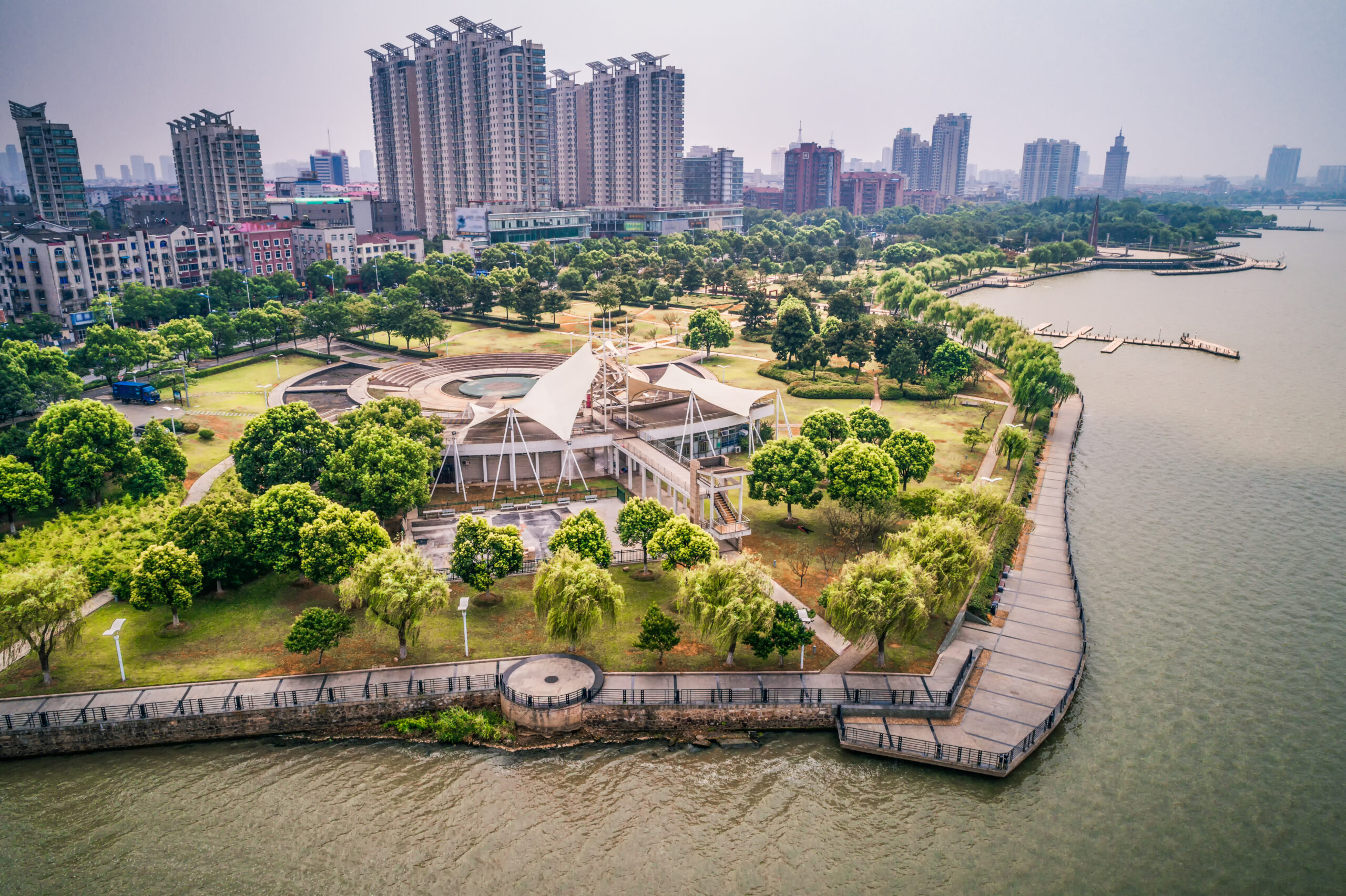Power of Attorney in Real Estate: Secure Your Assets
- 1 Power of Attorney
- 2 Types of Power of Attorney (POA)
- 3 Why is POA important for Property Transactions?
- 4 How it works in real estate?
- 5 Documents required for registering Power of Attorney in Hyderabad
- 6 Power of Attorney benefits to real estate property
- 7 How to cancel POA ?
- 8 How NRIs Can Revoke a Power of Attorney?
- 9 Conclusion
- 10 FAQs
Power of Attorney

A Power of Attorney is a legal document that allows one person to grant another person the authority to make decisions and act on their behalf and have the power to handle their property. This includes buying, selling, or managing the property for them. The attorney in charge possesses broad or limited authority to act on behalf of the person.
Types of Power of Attorney (POA)
- General Power of Attorney – A general power of attorney is a legal document that gives a person the authority to act on behalf of another person. It gives the authority to manage all the aspects of life. The person who receives this authority is called the agent or attorney-in-fact. The person who gives the authority is called the principal.
- Special or Limited Power of Attorney – The agent can only perform the specific actions outlined in the document, such as selling a property, managing certain financial transactions, or handling legal claims related to a particular matter.
- Durable Power of Attorney – A durable power of attorney may go into effect right away or when the person who grants it is no longer able to make decisions for themself, depending on how it is written. It remains in effect if the principal becomes incapacitated.
- Non-Durable Power of Attorney – A legal document where someone grants another person the authority to act on their behalf for a specific period of time or transaction but it becomes invalid if the principal becomes incapacitated.
- Medical Power of Attorney – It is also a legal document that allows the agent to make healthcare decisions if the principal is unable to do so.
- Springing Power of Attorney – It becomes effective only when a specific event occurs, such as the principal becoming incapacitated.
Why is POA important for Property Transactions?
A Power of Attorney is also important when making property deals because it helps you appoint the person you believe in to act and make critical decisions on your behalf. This is especially valuable if you are unable to be physically present due to travel, illness, or other commitments. Through a Property POA, your agent may sign for you, negotiate transactions, deal with rented out properties, or even buy or sell real estate on your behalf, and ensure transactions go through without delays.
How it works in real estate?

Power of Attorney permits you to select someone you know and trust who will handle your real estate property on your behalf when you’re unable to. To establish a POA, begin by determining which type you’ll need based on your personal requirements. Next, select a reliable agent who understands your values and can make decisions in your best interest.
Draft the POA document with the help of a lawyer or a legal service, clearly outlining the agent’s powers, when they become effective, and any limitations. Both the principal and agent must sign the document, and depending on state laws, witnesses and notarisation might be required. Ensure that your agent well understands his role and duties so that there can be no miscommunication.
Keep the original POA in a secure location and distribute copies to your agent, relatives, and institutions involved such as banks or healthcare providers.
You may renew or cancel your POA at any time provided you remain mentally capable.
Notify your agent and concerned institutions simply while destroying the available copies.
Having a POA gives you peace of mind by knowing that someone you can trust can manage your affairs if necessary, avoiding legal issues and conflicts.
Documents required for registering Power of Attorney in Hyderabad
- Passport size photo of parties.
- Address proof of parties.
- Identification proof like Driving License, Voter ID card, Aadhaar Card, etc.
- Tax Receipt or Index II or Electricity Bill of the Property.
Power of Attorney benefits to real estate property
- Financial Security: Allows the chosen agent to access and manage bank accounts, investments, and other financial assets if the person is unable to do so, preventing disruption to the finances.
- Avoids Legal Complications: By appointing an agent through a POA, one can bypass the need for a court-appointed guardian which can be a lengthy and costly process.
- Continuity in Decision Making: Ensures important decisions regarding your property, business, or legal matters can be made even if the person is temporarily or permanently incapacitated.
- Flexibility: Different types of POAs can be created depending on the person’s needs, such as a general POA for broad authority or a limited POA for specific tasks.
- Peace of Mind: Knowing that someone trustable is able to handle the affairs if needed provides significant peace of mind to the person and his family.
How to cancel POA ?
- If you are the principal, you must firstly draft a deed or notice of Revocation of the POA. You must mention the reason, the date, and the consequences of the revocation of the POA in the deed.
- The next step is to publish the deed or notice of revocation of the POA in a local or national newspaper. The aim is to inform the people with whom the POA has been interacting on behalf of the authorising person about the revocation.
- The Cancellation deed will have to be registered by the same authority that registered the POA.
- A copy of the deed or notice has to be sent to the agent to inform them about the revocation.
- Copies of the cancelled revocation deed can also be sent to persons with whom the POA agent has been interacting on behalf of the principal so that they cease any business dealings with the agent.
In case of death of the principal or agent, insanity or insolvency, or any other such cases, the POA automatically gets revoked or cancelled.
How NRIs Can Revoke a Power of Attorney?
Non-resident Indians can follow the below mentioned steps to revoke a power of attorney:
- Draft the written revocation deed.
- Duly sign and notarise.
- Send the signed deed to your lawyer in India.
- Register the revocation deed with the Sub-Registrar of Assurances in India.
Conclusion
In summary, a Power of Attorney is an effective legal instrument that gives one peace of mind and safety by allowing a person you trust to make significant decisions of your property transactions on your behalf when you can’t do it yourself. Establishing a POA is not only about preparing for the worse, it’s about giving yourself and your loved ones clarity and confidence. If you haven’t already thought about setting up a POA, now is the perfect time to take this proactive step for your future.
FAQs
Yes, a Power of Attorney can be cancelled at any time by the principal, as long as they are mentally competent. This is typically done by executing a Revocation of Power of Attorney document and notifying the concerned parties.
Yes, having a Power of Attorney for a real estate property can be beneficial, especially if you are unable to manage transactions yourself due to being abroad, ill, or unavailable. A POA allows a trusted person to handle property related matters like buying, selling, leasing, or managing the property on your behalf.













